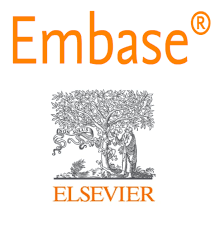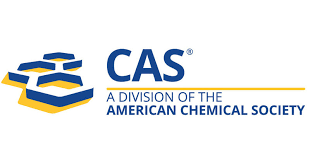Advancements of Genetic testing in clinical laboratories: A detailed review
Keywords:
Cytogenetics, Genetic testing, Molecular genetics, Next generation sequencing, Polymerase chain reaction.Abstract
The development in the genetic research has increased demand of genetic testing for
number of inherited disorders. As the clinical applicability of the genetic tests has
increased enormously, the awareness for genetic disorders and their diagnosis has
also set an amplified trend in public. Genetic tests help in assessing the carrier testing
in patient and their family, pre-natal and new born screenings which further can be
used for personal decision making. Overall, genetics testing is classified into three
major types: cytogenetic (karyotyping, Fluorescent in-situ hybridization,
comparative genomic hybridization), biochemical (high-performance liquid
chromatography, gas chromatography, mass spectrometry and tandem mass
spectrometry) and molecular (polymerase chain reaction, RT-PCR, DNA microarray,
Sanger sequencing and next generation sequencing). Genetic tests are important
because genetic information not only provide helpful information about patient but
their blood relatives as well. However, it should be considered that the genetic
information should be only accessed by few people and under what conditions it
should be used. Some of the challenges related to the adoption of genetic testing for
diagnosis and treatment of patients are the lack of demonstrated clinical validity and
the existence of alternative approaches that have lower costs.
.png)









